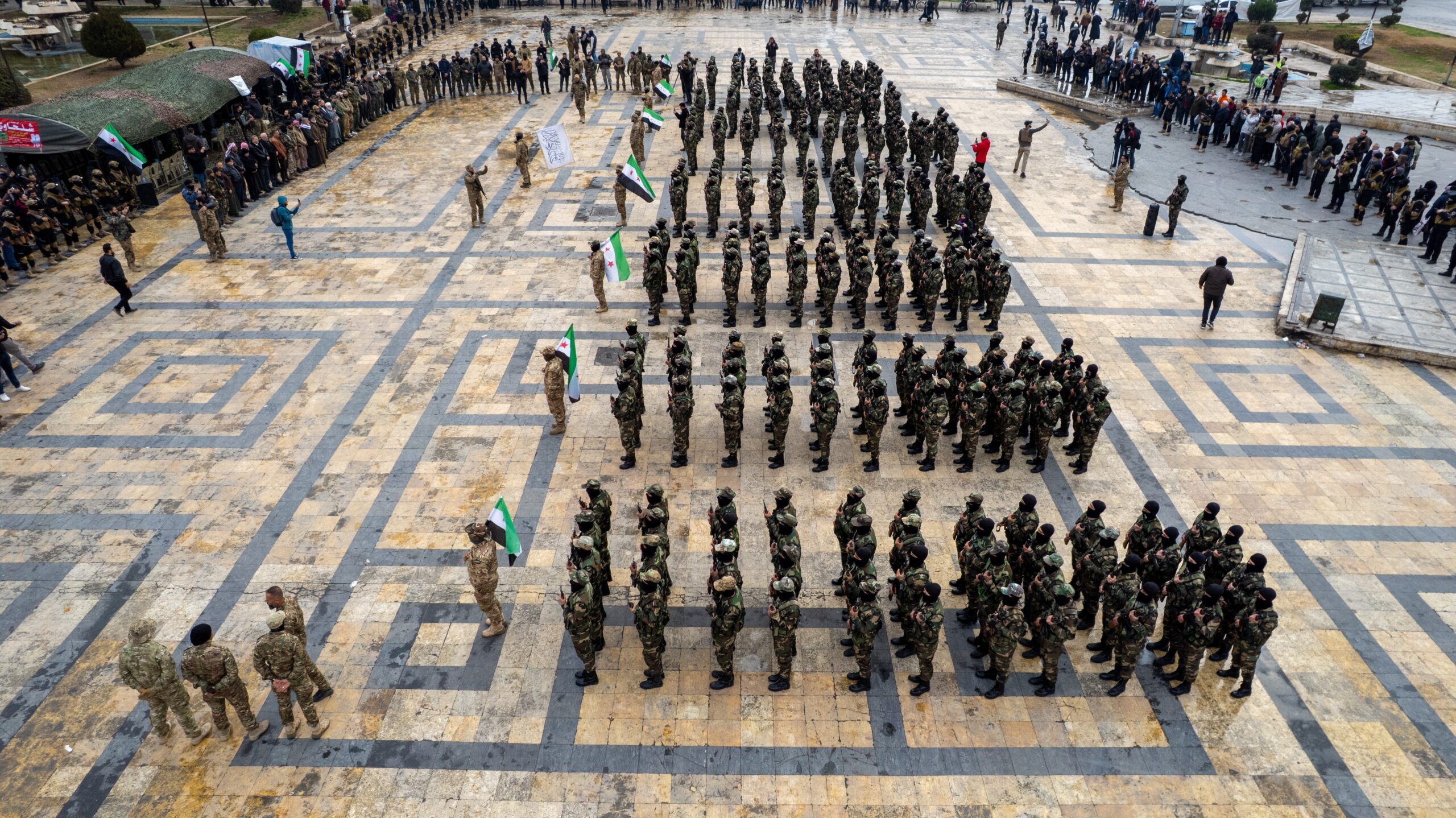
40% of infrastructure sites still lack protection against sabotage or systemic threats
60 Minutes Emergency response in rural areas often exceeds
35 Official Border Crossings need upgraded surveillance and customs technology
Public Safety & Disaster management ranks in the bottom quartile regionally, highlighting untapped potential for reform and investment
Syria occupies a pivotal position at the heart of the Eastern Mediterranean, where the intersection of geography, politics, and commerce elevates national defense from a security function to a cornerstone of sovereignty. The strength and modernization of Syria’s defense and security architecture will shape not only its internal stability but also its ability to re-integrate into regional systems, manage its borders, and safeguard critical national infrastructure.
The country’s military institutions, border forces, civil defense units, and strategic industries are now facing a dual imperative: reconstitute capacity and reimagine systems for 21st-century threats—ranging from conventional security risks to hybrid, cyber, and infrastructure sabotage scenarios.
Syria’s defense outlook is no longer confined to conflict. It is now tied to protection of national resources, security of reconstruction zones, and the re-establishment of credible deterrence and disaster response capabilities. Investment in this sector, both through national channels and strategic partnerships, is essential for restoring command integrity, infrastructure reliability, and regional alignment.
Security isn’t separate from development—it’s a prerequisite. Rebuilding Syria’s defense and security architecture protects its people, secures its assets, and creates the confidence required for international partnerships. It ensures that reconstruction gains are not only possible—but sustainable.
This is a sector where engagement delivers exponential returns—not just on capital, but on trust, sovereignty, and long-term national resilience.
The U.S.-Syria Business Council works with institutional, industrial, and policy partners to support responsible engagement in Syria’s evolving defense landscape. Through intelligence briefings, cross-sector dialogues, and global partnerships, the Council helps members understand risks, navigate regulatory contexts, and explore opportunities to contribute to national stabilization and strategic capability building.
For organizations aligned with sovereign resilience, infrastructure security, and sectoral modernization, the Defense track provides a critical window into Syria’s national priorities and partnership potential.